Revolutionising the typical Australian farm dam
Australian eco-wonderland dam A farmer in Wyangala, Central West New South Wales, has transformed her dam from a fallow Australian farm watercourse...

With a solution-focused approach, we collaborate closely with clients and consultant teams to align on scope, time frames, design objectives, and cost. We’re committed to delivering a strong return on your investment. Are you interested in our work in the commercial and industrial sectors?

Our client, a vet and sheep farmer, needed a shearing shed and yard cover designed for efficiency and innovation. Partnering with our team, he collaborated with fit-out providers to create two custom steel structures tailored to his farm’s needs. His farm is now equipped for better working conditions and long-term success.

Providing Industry-Leading Steel Building Solutions
Central Steel Build, committed to innovation, quality, and customer satisfaction, has solidified its reputation as an industry leader. We're revolutionising agricultural structures, and transforming how farmers and producers approach building solutions. If you’re interested in our work in the agricultural sector, read the article to discover how we’re transforming building solutions.

Oritech combined office and warehouse
Oritech Pty Ltd partnered with us to build a modern office and warehouse facility in Mitchell Park, Victoria. The design featured innovative L-shaped tilt panels for both function and style. Using our Pro. building approach, we delivered a durable, cost-effective, high-quality solution. Seamless collaboration ensured the project was completed on time and within budget.
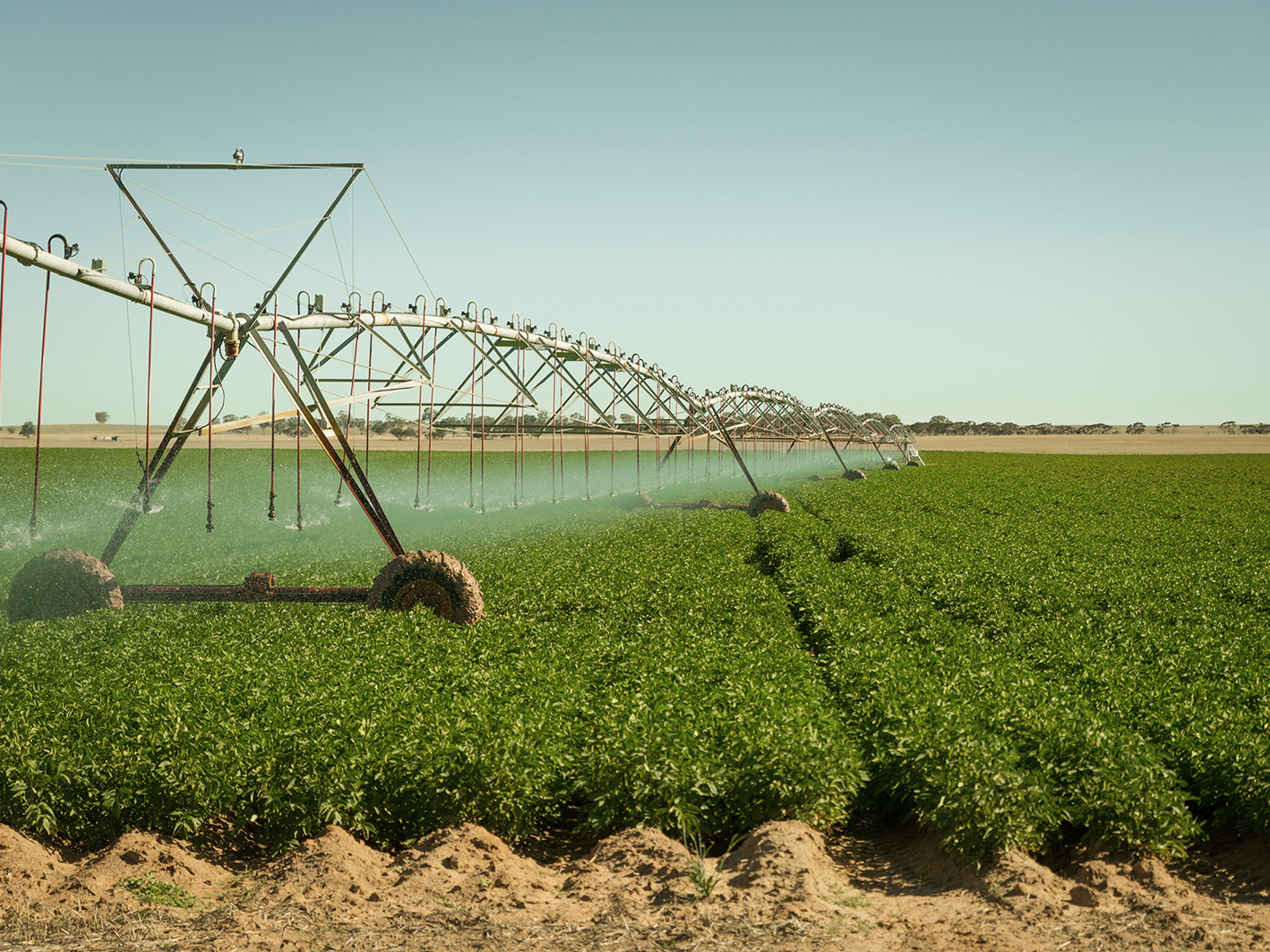
Every year in Australia over seven million tonnes of food is wasted costing the economy approximately $20 billion. In 2017, the Australian Government released the National Food Waste Strategy which included a national target to halve Australia’s food waste by 2030. Food Innovation Australia Limited (FIAL) was engaged as the independent organisation to support implementation of the National Food Waste Strategy. A Roadmap was created to provide a clear path forward outlining the initiatives and steps required to meet the goal.
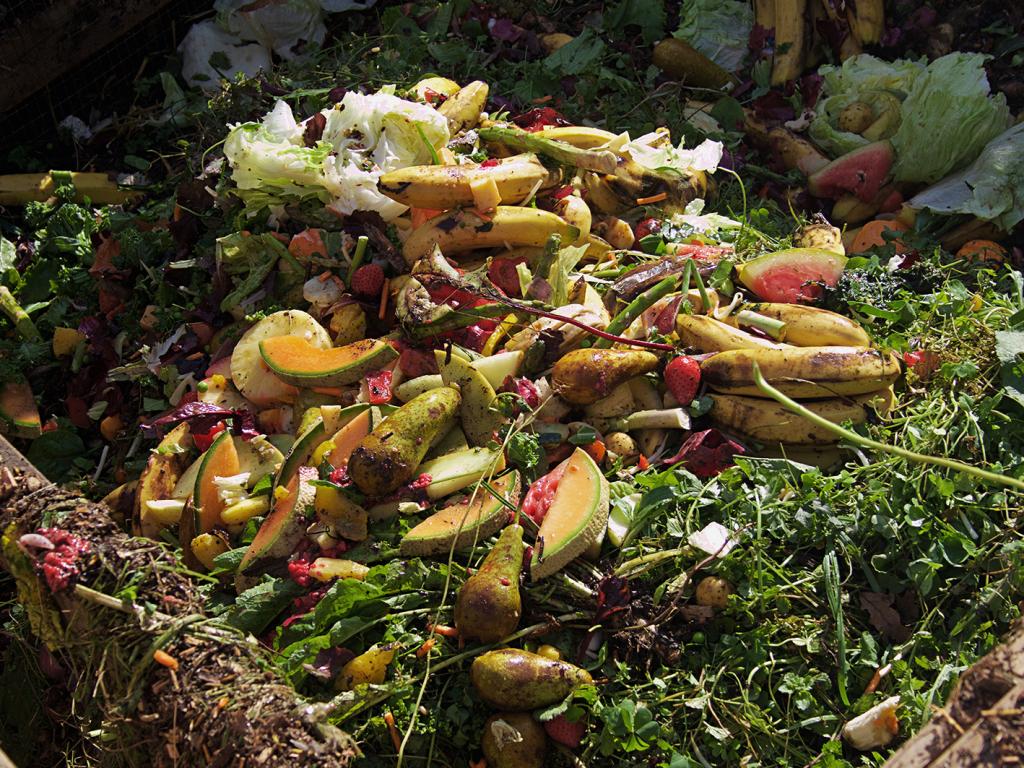
The National Farmers Federation (NFF) reiterated this ambitious goal on Stop Food Waste Day, 28 April 2021. The goal is to ignite change regarding the global food waste issue by drawing attention to the problem and sharing practical, creative and impactful ways we can all change our behaviour to minimise food waste. NFF president Fiona Simpson states:
“In Australia, up to 25 percent of all vegetables produced do not leave the farm. This is a loss for farmers and the regional communities they support. Most importantly, it is quality food gone to waste that could be used to ease Australia’s food insecurity problem.”
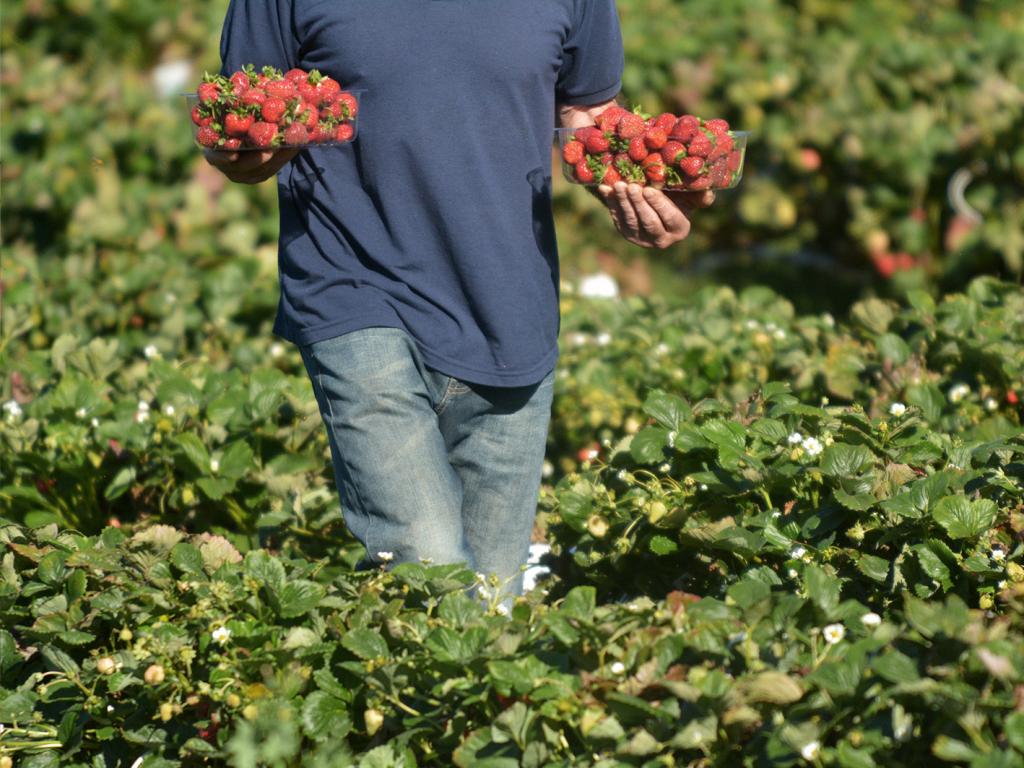
The number of Australians experiencing food insecurity increased to 28% in 2020 due to COVID-19, and were mainly younger people. Fruit and vegetables that do not meet specifications required by retailers are mostly thrown away, some of which is of high enough quality to feed vulnerable Australians. The wastage is also hurting those Australian farmers who have spent time and resources to produce crops. Stop Food Waste Australia Chief Executive Officer Dr Steven Lapidge says:
“The National Food Waste Baseline puts food waste in primary production at nearly a third of all food waste in Australia or 2.27 million tonnes which would fill the MCG three times. Through the work of Stop Food Waste Australia, farmers will have the opportunity to work across the supply chain as we reduce food waste, increase food security, drive innovation, and improve the Australian food system’s productivity and resilience.”
Confronting social and economic issues of food waste requires a change in food waste resources, reduced supply chain losses and engaging society to encourage behaviour changes. In accordance with this, Ms Simpson asserts that food and vegetables that are not fit for human consumption or do not meet market standards could still be utilised as “profitable and usable products such as bioenergy source material or livestock feed”. Other ideas to promote a change in food wastage include tax incentives for food donations to increase food access for vulnerable Australians. “Increasing efficiencies at the farmgate is an ongoing challenging and requires meaningful action from the entire community,” Ms Simson said.
Information credits: aipack.com.au farmers.org.au environment.gov.au

Australian eco-wonderland dam A farmer in Wyangala, Central West New South Wales, has transformed her dam from a fallow Australian farm watercourse...
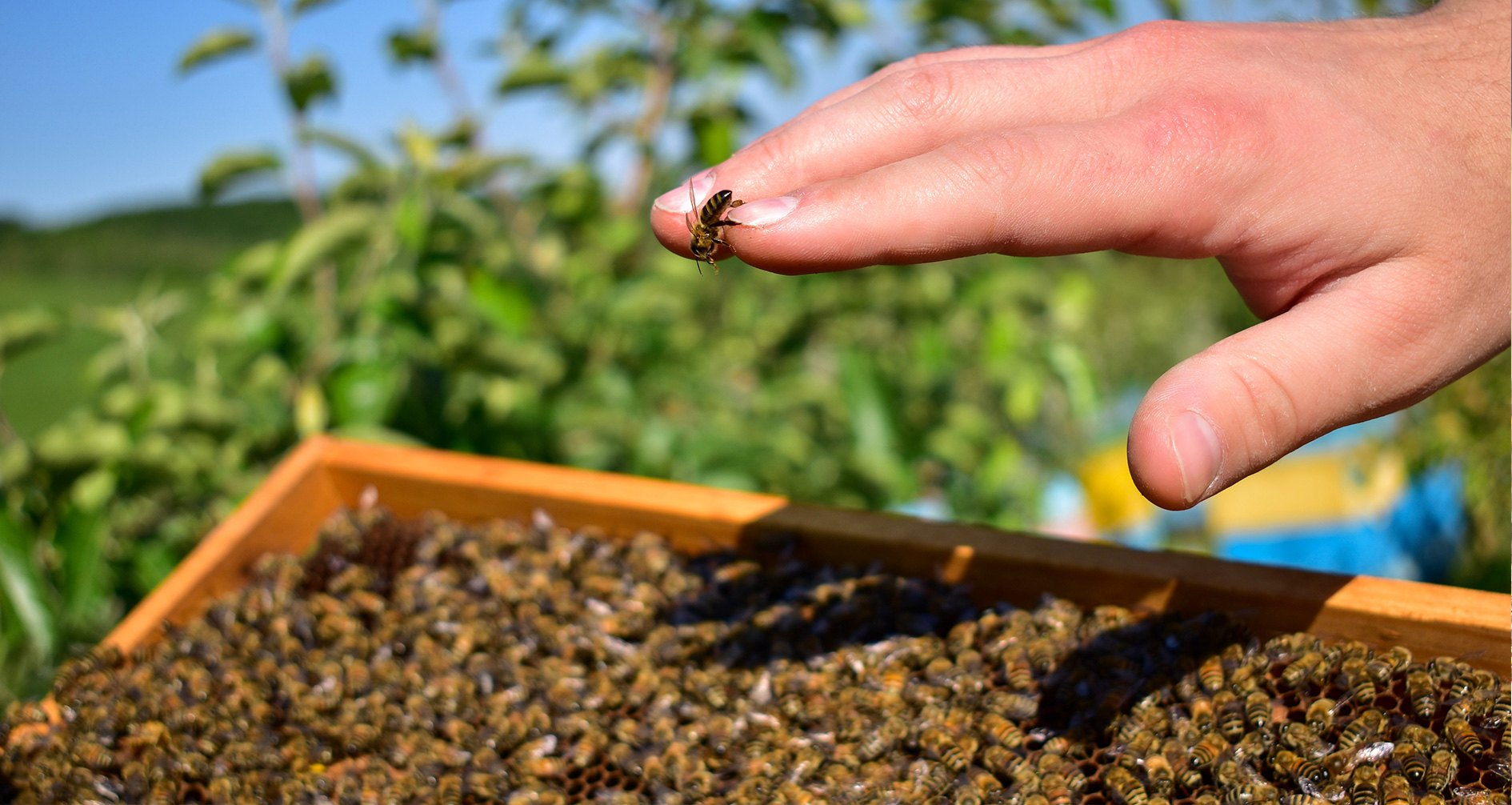
Why are honeybees so important for agriculture? Australian agriculture has been benefiting freely from honeybees for nearly 200 years. The bee’s...
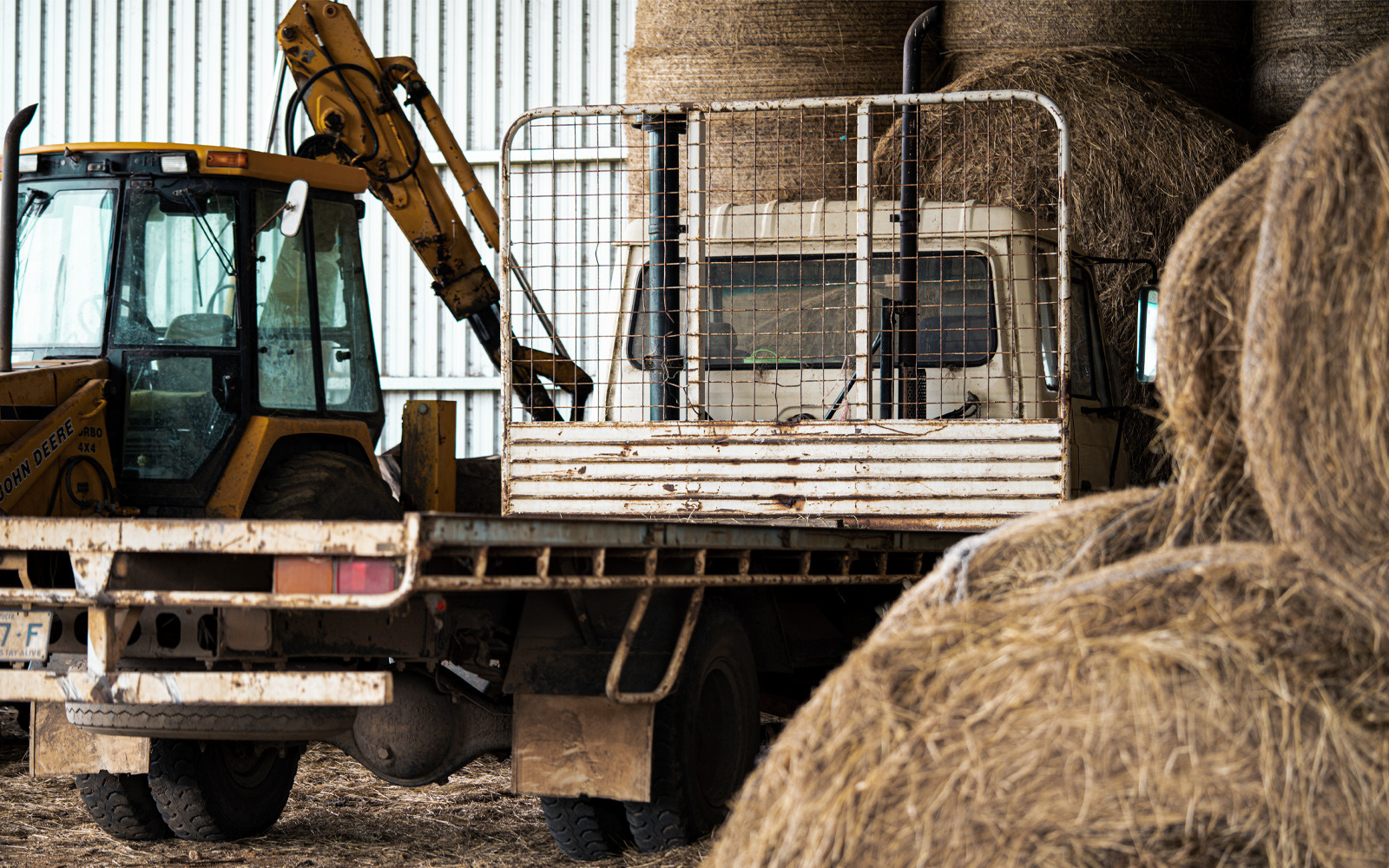
Drought support for Australian farmers: What is the government doing to help? Australian farmers, the backbone of our economy, navigate the...